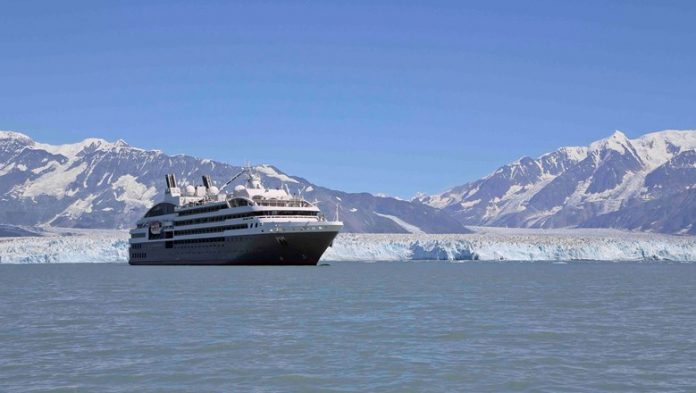Cruises have been a booming segment in recent years and a much-discussed topic in the travel industry. In 2017, about 27 million international cruises were undertaken worldwide. Looking at the past years, cruises showed double-digit growth rates and therefore increased more than twice as much as international holidays in general. The biggest growth in this industry is coming from Asia-Pacific, where the demand for cruise holidays has more than tripled since 2007. However, despite the strong growth rates in recent years, cruises are still one of the smaller segments in terms of all international holidays. These are the findings of a special evaluation based on the World Travel Monitor® data by IPK International, commissioned by ITB Berlin.
Strongest growth from Asia/Pacific
With a market share of 56% in 2017, North Americans undertake by far the most international cruises followed by the Europeans, which account for nearly one third. Cruise travellers from Asia/Pacific rank third, while South Americans only account for 1%. However, the cruise growth is particularly driven by Asians, whose demand for cruise holidays has more than tripled since 2007. Growth wise, North Americans rank second, followed by South Americans and Europeans.
The most important source markets for international cruises are the United States, which alone make up 50% of the worldwide cruise demand. Other important cruise markets are Great Britain, Germany and Australia.
North America most popular cruise destination
North America (including Mexico) is still leading in the cruise segment. Not only is it the number 1 source region for cruises, it is also the most popular destination for cruise holidays. Since 2007, cruises to North America have more or less tripled. Europe as a cruise destination takes the second place, followed by South America, Asia/Pacific and at quite a distance Africa.
The five most popular destination countries for international cruises are Mexico, Canada, Spain, the US and Italy. Together, they receive over half of all international cruises worldwide.
Something for everyone
Cruises offer the ideal combination of relaxation and making new experiences. On cruise holidays, international travellers especially enjoy relaxing, sightseeing on local excursions, good food and the diverse entertainment offer on board. Specific aspects such as experiencing ‘sea and nature’ and international harbours and seaports are also important.
Cruise tourists spend more money
Even if cruises are said to no longer be as exclusive or expensive as they used to be, spending in this holiday segment is still significantly higher than in others. On average, international cruise travellers spend 230 euros per night.
Less online, more travel agency bookings
At 65 per cent, the internet is the preferred booking channel of international travellers when it comes to cruises, which is lower compared to all international holidays. In contrast to that, with 37% travel agencies have an above-average share among cruise travellers.
New target groups
In recent years, efforts were made to tap into new and younger target groups through corresponding cruise ships. Meanwhile, 50% of cruise travellers are 55 years or older, while 50% below to the young and middle age groups. Even if cruise travellers have become younger, still more than two thirds belong to the higher income and education groups.
ITB Berlin will be publishing further information on special topics based on IPK International’s World Travel Monitor® data. In addition, initial valid results showing 2018 travel trends will be published at the end of the year.
The final results of the World Travel Monitor® for the entire year 2018, as well as the latest forecasts for 2019, will be presented by Rolf Freitag, CEO of IPK International, at the ITB Future Day during the ITB Berlin Convention. The World Travel Monitor® is based on 500,000 representative interviews in more than 60 travel markets worldwide, and has been regularly conducted for more than 20 years. It is recognised as the largest continuous study into global travel patterns.


























